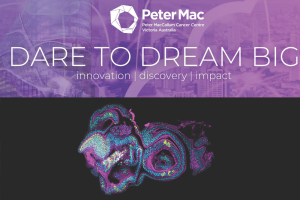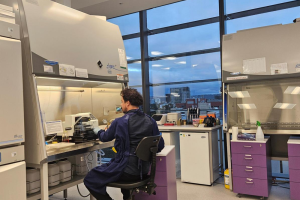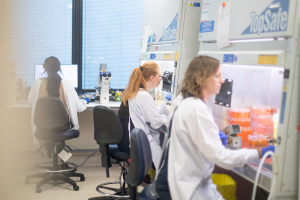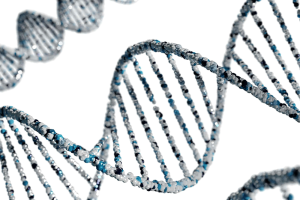The Biomedical Data Asset (BDA) links two of Australia’s most important biomedical data sets, The Aspirin in Reducing Events in the Elderly (ASPREE), and The mouse Missense Mutation Library (MML), in a highly curated environment to improve the functional understanding of genetic contributions to health and disease.
The Phenomics Australia project Biomedical Data Asset (with partner Bioplatforms Australia) is aimed to support researchers in developing models for examining missense mutations in human disease by combining features of the ASPREE (Aspirin and Ageing Health Research) dataset and MML (mouse Missense Mutation Library), hosted at Monash University and ANU respectively.
The impressive Monarch Initiative Explorer platform for model organisms has been chosen as the base platform. Monarch’s interface and search capabilities have been expanded to allow for fine-grained data points on the level of Single Nucleotide Variants (SNVs) through to macro-level disease and phenome annotations.
Access to the biomedical data made available through this project improves the researcher’s ability to discover and experimentally validate gene function to improve diagnosis and treatment, especially in clinical human studies where genomic technologies have been used to identify genetic variation in relation to disease.
The Biomedical Data Asset project is a collaboration between Phenomics Australia, ARDC, Bioplatforms Australia, Monash University and the Australian National University.
These data collections are:
1. The Aspirin in Reducing Events in the Elderly (ASPREE), a genomic and clinical data set from thousands of healthy older Australians enabled through Monash University. For further details, see: https://aspree.org/aus/
2. The mouse Missense Mutation Library (MML) a genomic and phenotypic database and biorepository of known variant missense and nonsense variant mice created and curated at the Australian National University and enabled by Phenomics Australia. For further details, see: https://tinyurl.com/ANU-MML







